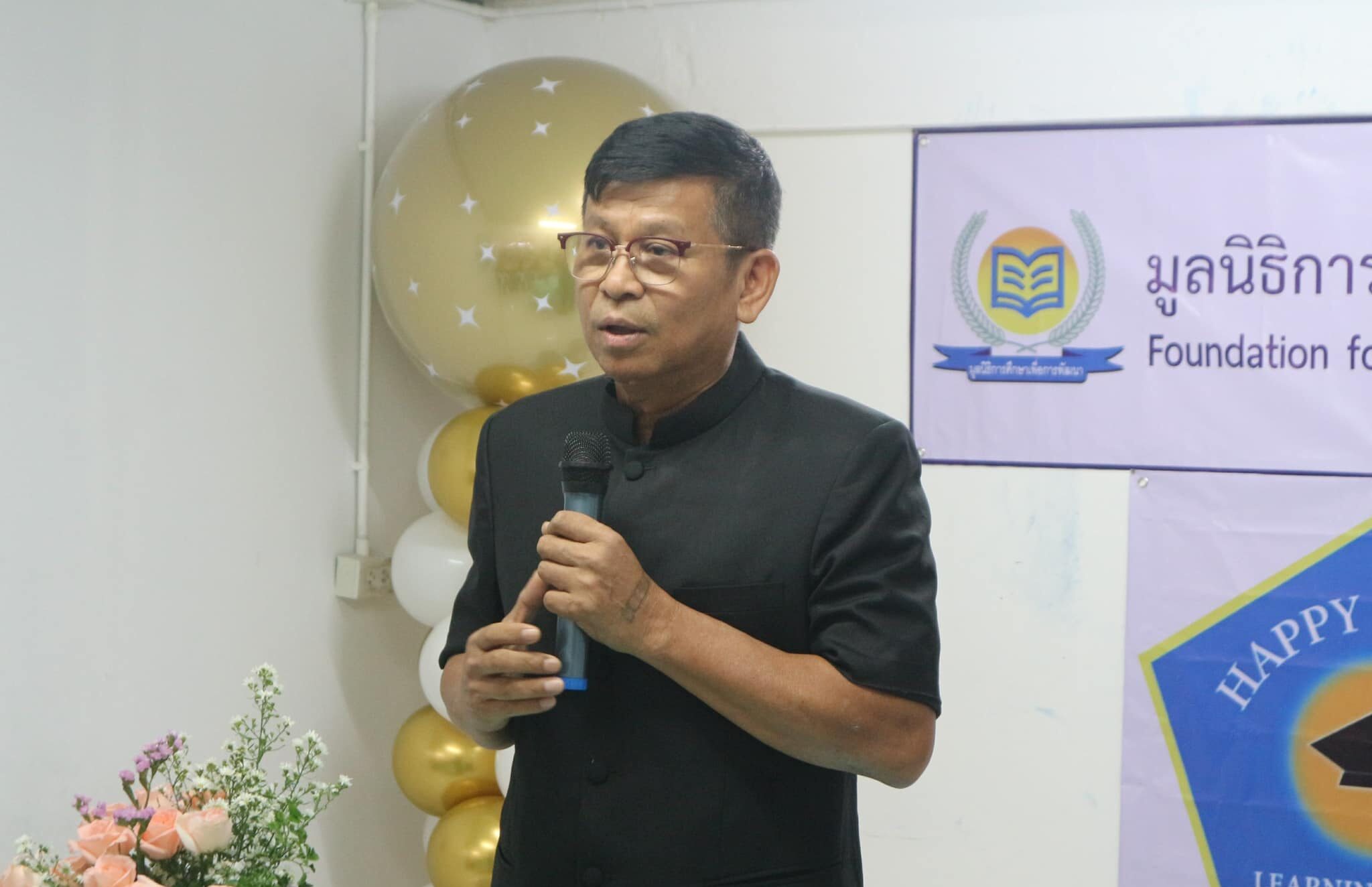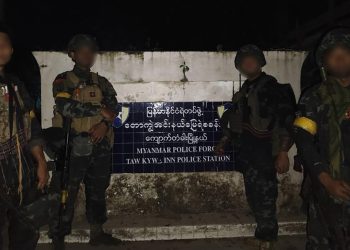A Thai media group has broadcast a letter from three self-described patriotic groups urging the authorities to impose tighter restrictions on migrant workers.
The letter calls on the Thai government to limit work permits for migrant workers and keep asylum seekers in camps. It demanded that migrants be only given three-month work permits and be returned to their country for a month before renewing their work permits.
The letter demanded that pregnant migrants be returned home and the Thai citizenship application process be reviewed.
In January there were over 2.3 million documented migrant workers from Myanmar in Thailand, according to labor rights activists. They estimate that more than 2 million others are in Thailand illegally.
U Htoo Chit, executive director of the Foundation for Education and Development, a labor rights group in southern Thailand helping migrants since 2000, recently told The Irrawaddy about the demands.
Why did the groups make these demands?
We have seen a lot of negative comments about migrants from Myanmar over the past month. They recently submitted a complaint to the Thai government.
Some migrants ignore Thai regulations and some run online shops, a business reserved for Thais. They are illegally doing jobs reserved for Thai citizens and we fail to live in harmony with the Thais and the authorities. These are the main reasons.

What is your view on those demands?
It will be difficult for the Thai government to fulfill every demand. Some of their demands are unrealistic. Saying migrants must return to Myanmar for a month after working for three months would be unacceptable to Thai employers.
But the government may tighten regulations on migrants and they must be cautious.
They must comply with Thai regulations and apply for documents to stay legally.
Will it also affect nationals from Myanmar in Thailand?
Other foreigners also do their own business. For many years, migrants run stalls and small businesses through an understanding with the Thais. But some sell online, ignoring the regulations. In that case, the Thai government may tighten regulations if it thinks these activities harm the interests of its citizens.
I am concerned that there will be stricter regulations. Whether the Thai government will respond to the demand is yet to be seen. But things will probably be more difficult for migrants.
I heard there have been disagreements between migrants who arrived in Thailand before the 2021 coup and those who have arrived. Those who have been working before think that they are suffering from restrictions because of the people who came after the coup. It is a negative sign.
So I have always told them to follow the rules as much as possible and respect Thai traditions.
I am concerned that there will be problems between the two communities and the migrants
will bear the brunt.
What will organizations like yours do in response?
We educate migrants. Some know the Thai laws but they blatantly violate them. We have decided to cooperate with the Thai government at every stage.
What is your advice to nationals in Thailand?
Migrants should apply for pink cards. They must have official work permits no matter what because there can be stricter restrictions, scrutiny and arrests in the future.
Other migrants, whether they do business or use their skills, must be careful. Thai laws clearly say what business and jobs migrants can do and what they can’t. They must learn those laws.
There are also legal advisory groups in Thailand. They should consult with Thai lawyers before doing any business or job.

















